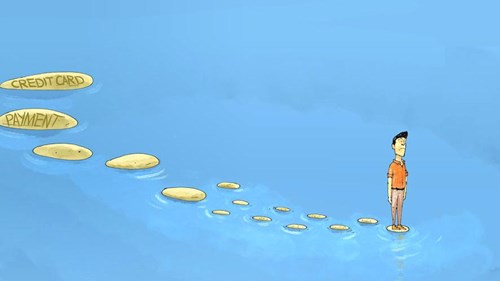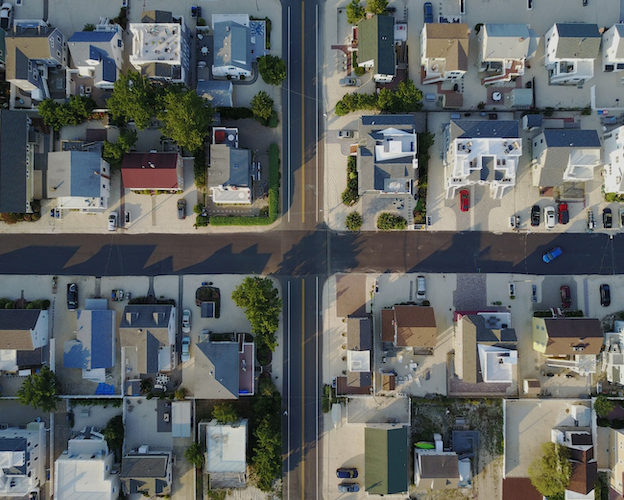In particular we focus on getting the loan structure right the first time, choosing which lenders to use in the right order (yes this is important) and finally getting our clients the best deal possible.
Are Your credit card bill’s getting out of control?
Debt consolidation is the act of bringing many debts together into one new debt. This can be beneficial for helping you manage your repayments and have a clearer picture moving forward. If you have equity in your home this can be done by refinancing your mortgage to pay off current debts, shifting the debt into your home loan which usually has a much lower interest rate than unsecured loans and credit cards.
For people with snowballing debt from many sources, consolidation can help them reduce repayments and create a clear payment plan moving forward.
Pros
Refinancing your home loan means all your debt repayments will be covered by the one mortgage repayment. If you pay extra on your new, refinanced home loan after consolidating your debts, you’ll pay off your debts sooner and save money on interest compared to the interest you might have paid – say on a credit card.
Cons
If entered with the wrong mindset, debt consolidation can end up making a bad situation worse. For example, if you consolidate your credit card debt balances onto your home loan, but then don’t cut up and close the card accounts you can easily end up further and further in debt. Home loan lenders often have no easy way to close another banks credit card account so ultimately the responsibility to do so falls to the borrower. Even if your home loan lender advances the money direct to the card providers they often won’t actually close the account because they don’t have this authority with the other institution.Further, it’s important to remember you’re moving unsecured debt into a secured debt, using the asset of your home as the security. Hence ownership of your home is at stake if things get out of hand. You may also end up paying more money in interest over the 30-years, but for people who can’t meet their current monthly debt repayments that’s often a con they rightfully accept for the short term at least.
It’s also important to be aware of home loan fee’s and refinancing costs to assess whether you really are saving money. This will depend on your level of debt and current interest rates.
Mindset
Some people who consolidate their debt benefit from ‘splitting’ their home loan. The debt remains under the same interest rate but has its own statements and accounts. That way you can accelerate the payment of that debt to save on interest. This also can help people not to forget about the debt and go back to old habits.
Case Study of a recent client we assisted:
- Existing Homeloans -- $489,000 at average 4.7% p.a. = $3,480 / month
- Business loans -- $88,000 at average 12% p.a. = $3,000 / month
- Credit cards -- $84,000 at average 15% p.a. = $2,520 / month minimum repayments
- Total monthly payments = $9,000
- After refinance (consolidate all loans into 1 + lender fees)
- New home loan -- $668,00 @ 5.85% p.a.
- Total monthly payments = $3,936
MONTHLY PAYMENT DIFFERENCE AFTER DEBT CONSOLIDATION = $5,064!!!!

Recent Posts
- The “Housing Crisis” and Capital Gains Tax (CGT) changes? Thoughts…
- Is now the time to access equity? APRA changes coming + Interest rate outlook
- Government Guarantee Scheme – an update on the changes from 1st October 2025
- Limited Deposit and don’t qualify for the government guarantee scheme? Up to 100% LVR loans available
- Government grants and schemes - to help you into the market
- Is Darwin property about to go Boom?
- Comparing interest rates (Western Democracies)
- Stage 3 Tax cuts - how will it effect your borrowing capacity?
- Property Share Loan Structure
- SMSF Property Investing & Lending - Back on the agenda
































